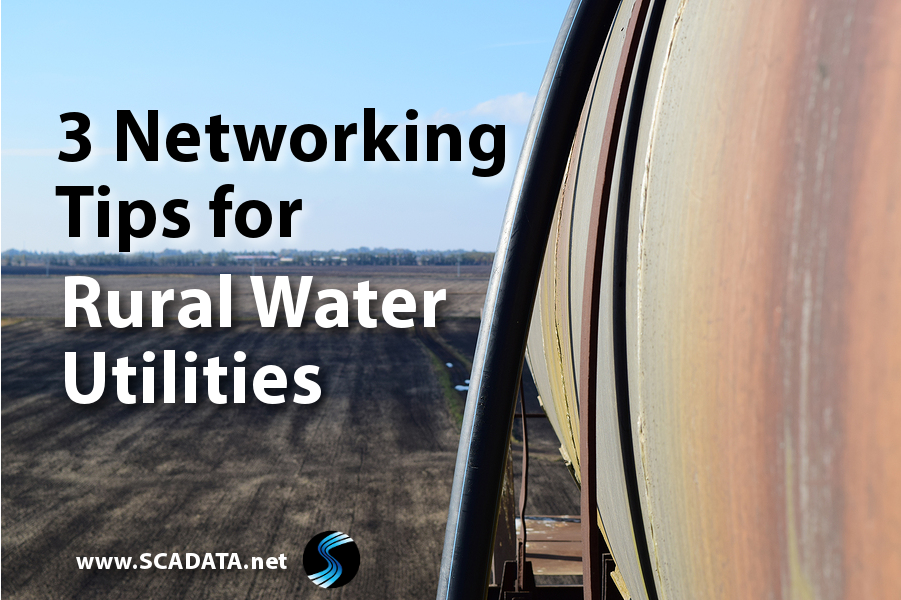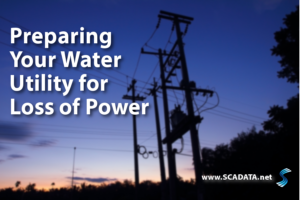Water utilities are faced with more problems than the average customer may realize. There could be issues with equipment, water quality, or lack of resources. Often, finding a solution requires a little creativity. That is why networking is so important for the water and wastewater industry. Networking can be very helpful when it comes to problem solving. Although many issues faced by water utilities often go unnoticed by customers, the role these plants and operators play is instrumental in keeping our water safe and clean.
When it comes to our water supply, shared solutions can be extremely helpful. The hard work and innovative problem-solving techniques discovered by one utility can be shared with others. To help water utility operators improve their opportunities for networking, we asked a couple of guys in the field how they network with other utilities.
Conferences and training seminars are good networking opportunities
In order to keep certifications current, water management operators are required to log a certain number of educational hours. Often, conferences and training sessions will meet the necessary requirements for maintaining these certifications. But, Nathan Hathaway, Town of Avilla Wastewater Treatment Plant Operator in Indiana, recommends attending as many as possible because it provides opportunities for networking: �I would suggest you go to as many conferences and trainings as possible. Not only do you learn from the training being given, but also from meeting all the other operators.� Nathan knows how helpful other operators can be when it comes to addressing tough issues.
Eric Rupley, Water Superintendent in Wolcottville, Indiana, also suggests that operators reach out at these events. �I think that the best way to connect with other utilities is training seminars and conferences. You get a lot of utility companies and employees at one spot.�
In addition, the National Rural Water Association is a good resource for networking and for finding a rural water utility organization in your area. The association also has representatives in each state that you can call for assistance in finding solutions.
Gather email and phone contact information to network with other utilities
Often, when problems or issues arise, having contact information on hand can be a helpful networking tool. Don�t hesitate to ask for email and phone contact information of nearby utilities and offer yours in return. Nathan mentions that, �it is hard to get us operators to stop talking about our plants and issues each plants have.� Generally, operators are more than happy to share information, help if they are able, or offer recommendations for networking with others.
Don�t hesitate to reach out when you have issues or if you are hoping to learn something new. Eric recommends to new operators that you �meet as many people in the industry as you can and don’t be afraid to ask questions.�
Visit other water utilities in your area
It is not uncommon for operators to visit other local utilities. Touring other facilities can offer some insight into operations in other areas and may spark some inspiration for creative solutions at your own utility. Both operators highlighted the importance that visiting other utilities plays in networking. Nathan offers this advice: �Try and get to as many different plants in your area as possible. It really gives you a better perspective on all the different ways to treat wastewater.�
Being in control of our water supply is a challenging job. Networking could be the difference between finding a solution or major facing water quality issues.
Having trouble with your SCADA system? Check out our troubleshooting tips.




